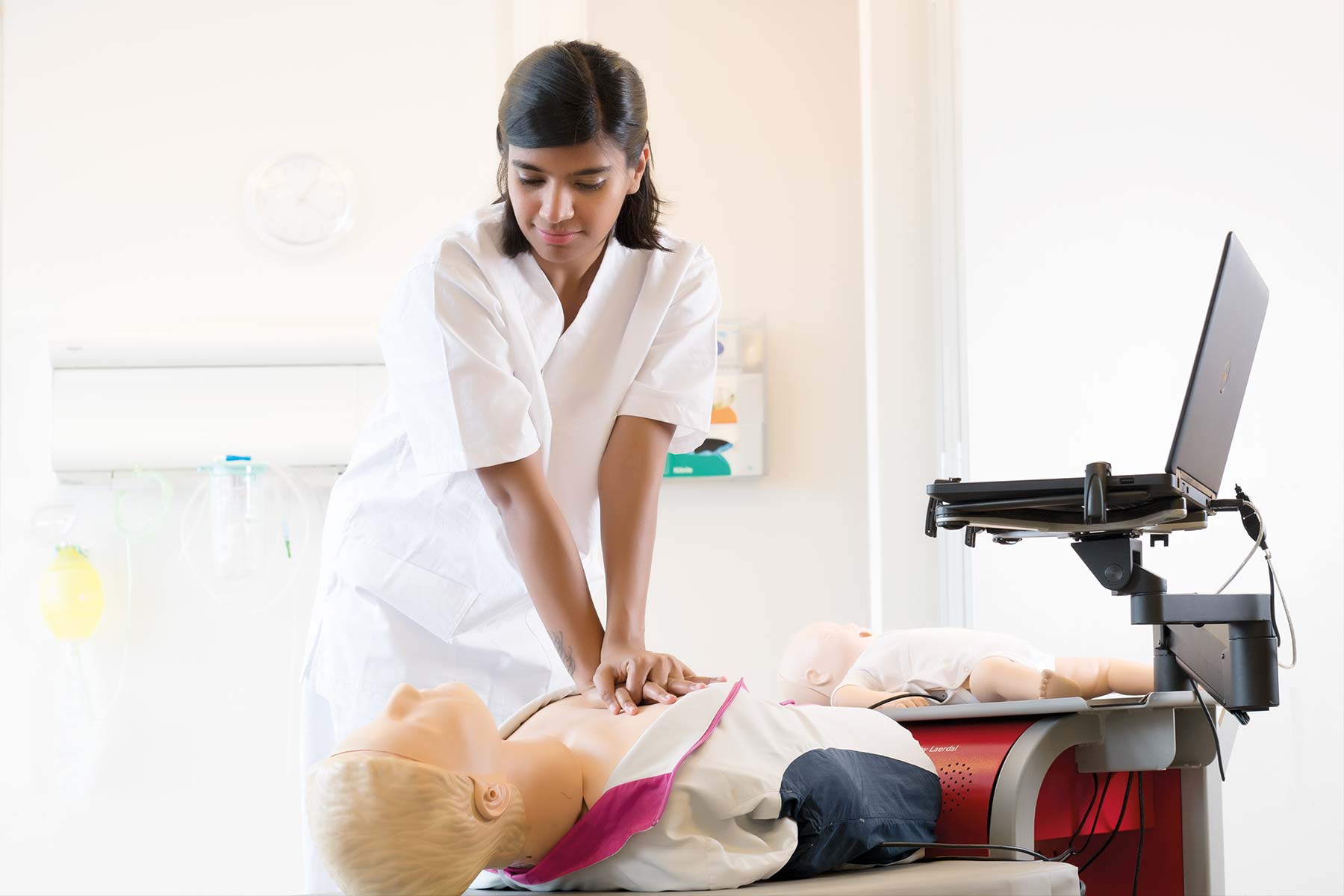
RQI - Resuscitation Quality Improvement Program
The RQI Program uses realistic eSimulation patient cases and a mobile Simulation Station for quarterly psychomotor skills activities to help healthcare providers retain life-saving CPR skills.
Simulation serves as both a training modality and an assessment strategy, enabling students to develop and demonstrate competencies. By observing student performance in simulated scenarios, educators can accurately identify strengths and areas for improvement.
Solutions may fit multiple use models or scenarios. Consider your unique needs when exploring.
Demonstrates foundational task knowledge and performance hands-on
Healthcare requires a unique combination of complex critical thinking with hands-on manual work. Building vital psychomotor skills early in a learner’s progression towards competency allows learners to later focus on applying those skills effortlessly and without distraction in more challenging situations. Assessing them early using efficient and sometimes automatic means ensures their success.
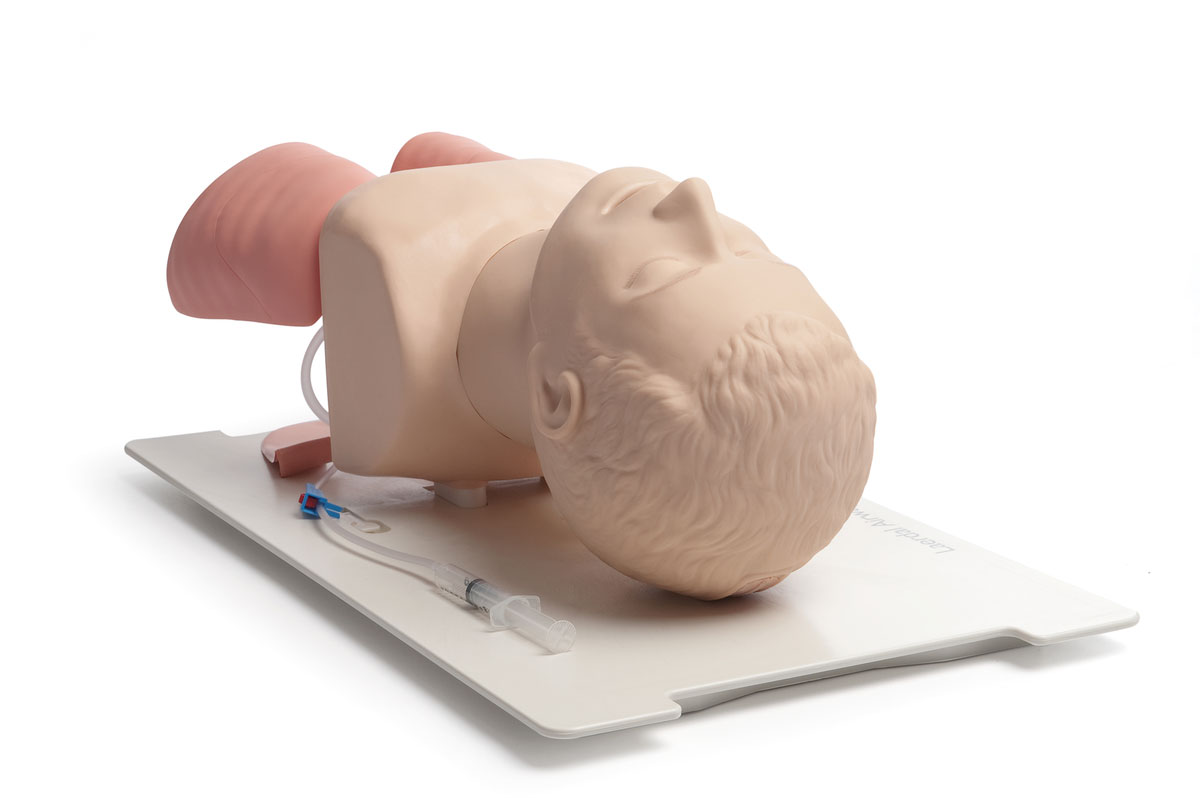
Demonstrates introductory decision-making skills within situational competencies
At this stage, learners begin to understand the basics of decision models and care pathways. They begin to perform critical thinking and understand that success and failure are both possibilities. Learners who have had difficulty in summative exams often have not experienced formative or course assessments. Choose a simulation solution that will allow you to assess what is appropriate for your learners to succeed at the next stage in their competency progression.
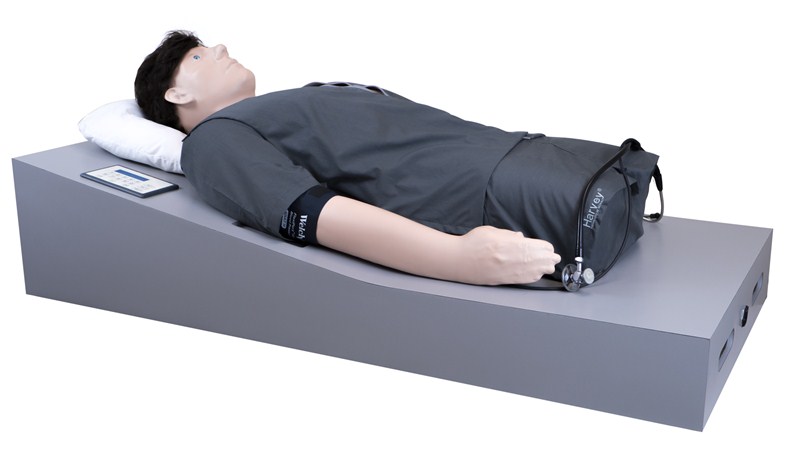
Demonstrates advanced decision-making along with team-based competencies
Learners experiencing the benefits of assessments at this level should already be used to formative assessments and to the process of coaching and guided self-reflection. What you need to assess in this area is what you will need to train to. You may be performing summative assessments like Observed Structured Clinical Exams (OSCEs) or you may still be performing formative assessments. In either case, Laerdal offers simulators and digital solutions that can test advanced level decision making in teams during acute emergent situations.


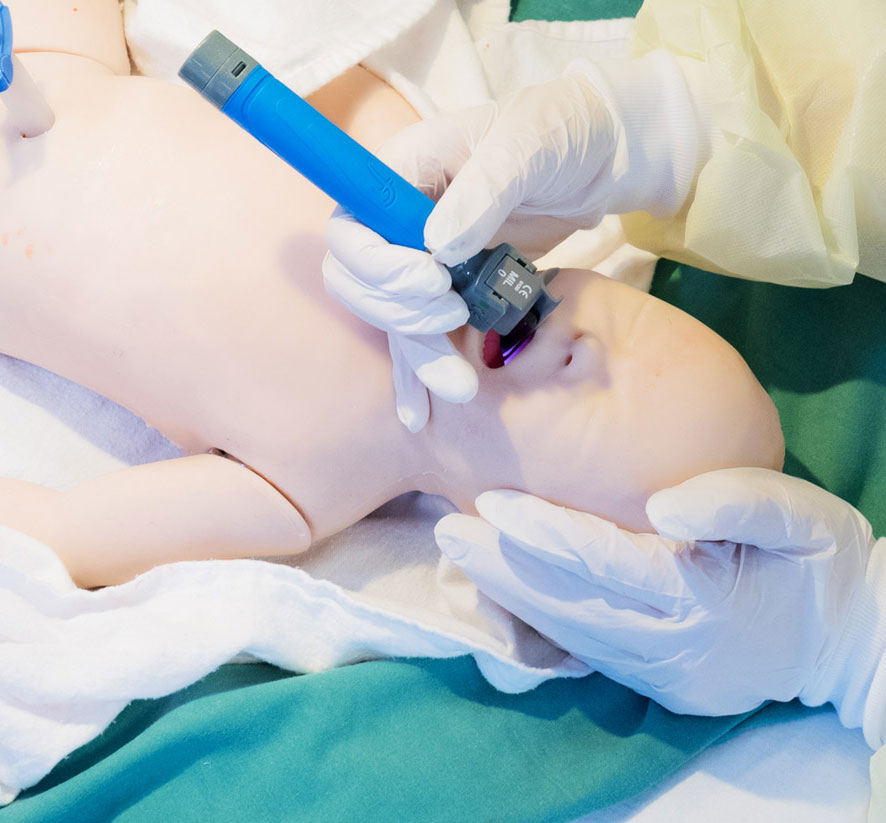
Demonstrates competencies during clinical practice
There comes a point in a learner's progression where you will want to introduce your learners to a situationally realistic environment—an environment that challenges and develops their abilities to perform in authentic circumstances. Assessments at this level deserve to be captured and tracked digitally for consistency, efficiency, and transparency. Where simulators are used, we recommend the highest fidelity possible.
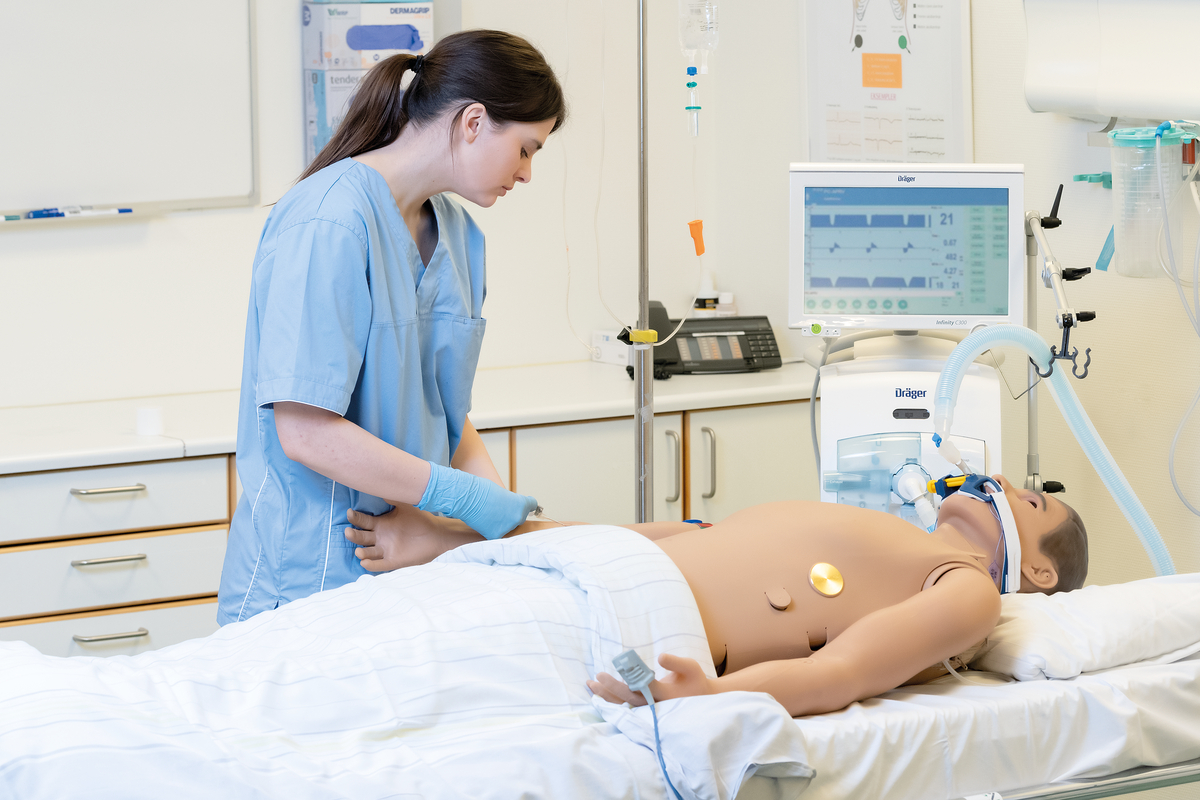
Assessment of Entrustable Professional Activities (EPAs) provides structured opportunities for observation, feedback, and learning. Every simulation activity is an opportunity to track performance across the breadth of the curriculum.
SimCapture is a platform that allows you to capture, measure, and assess performance of an EPA. It enables students to demonstrate skills and clinical reasoning, instantly uploading performance data for evaluation against EPAs, competencies, and milestones. SimCapture tracks learners' progress at both individual and cohort levels, helping faculty identify those needing remediation and monitor improvement over time.
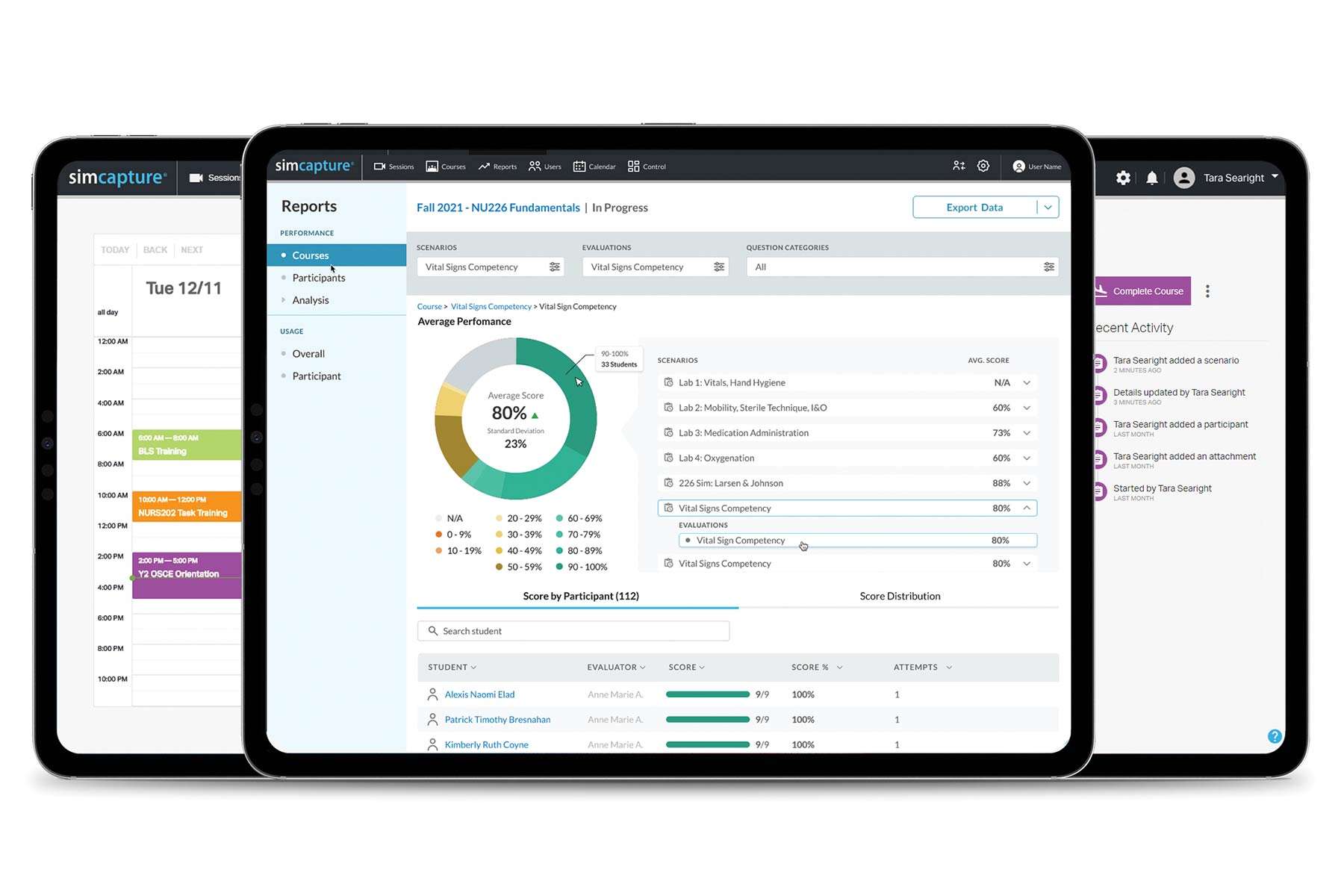
Automate your OSCE flow and evaluations, along with team training and student encounters, all while centrally managing multiple bays, rooms, and floors from a single interface.
![]()
Prepare students for demonstration of Entrustable Professional Activities (EPAs)
![]()
Track performance of individual learners and cohorts
![]()
Efficiently run OSCEs & parallel encounters
![]()
Assess, evaluate, and track performance over time

Assessment Management
Assessment data is collected and stored in one location for simple access and management
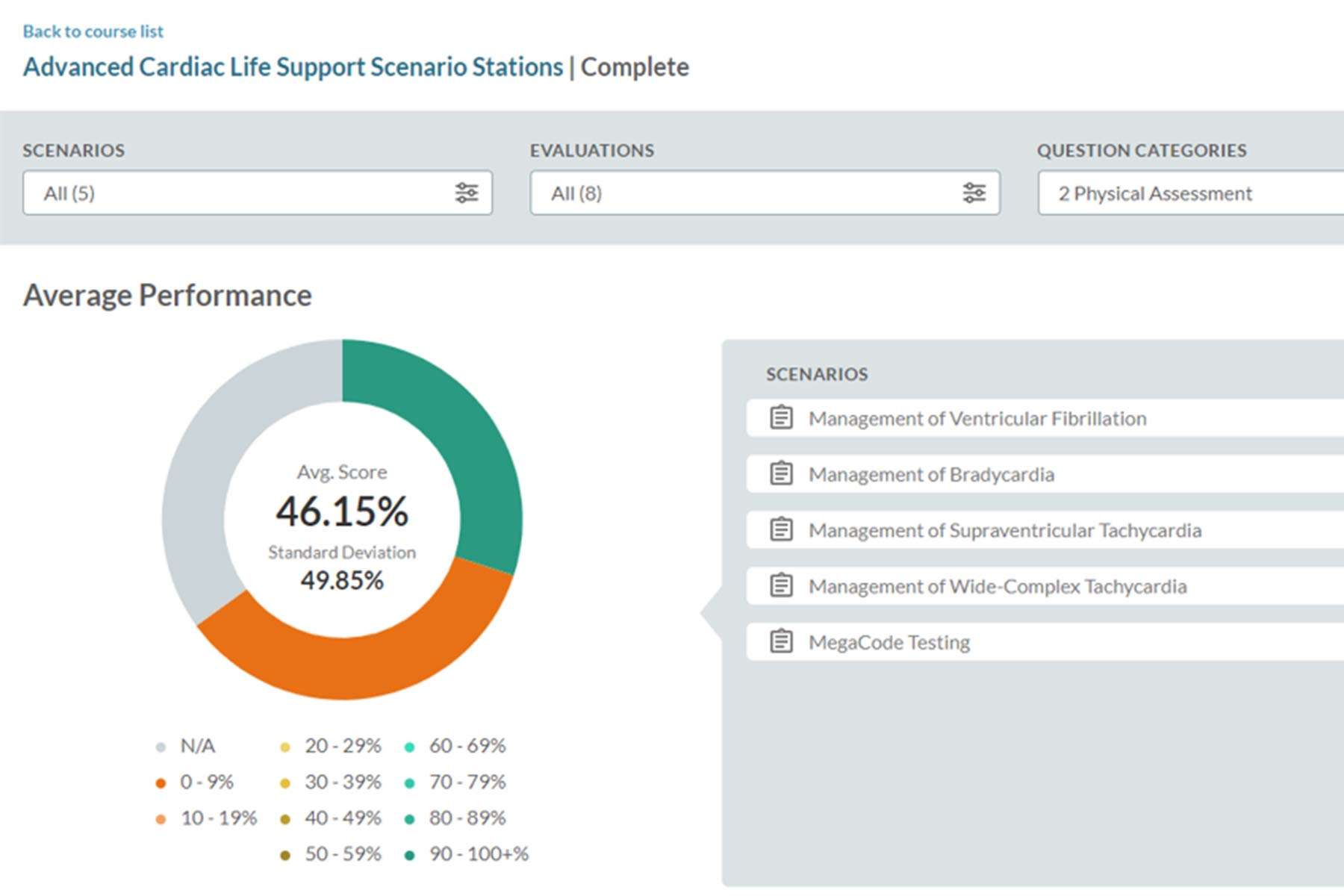
Standardized and Objective Assessment
Assess learners efficiently and consistently against EPAs, competencies, and milestones

Analyzing and Presenting Data
Dashboards on individual or cohort level for better evaluation and presentation of outcomes